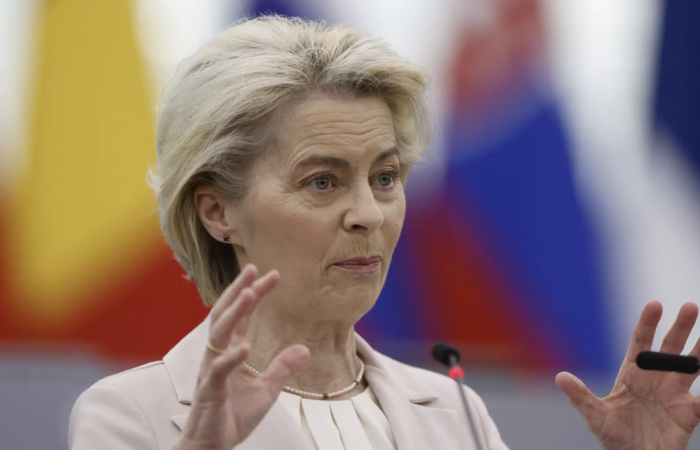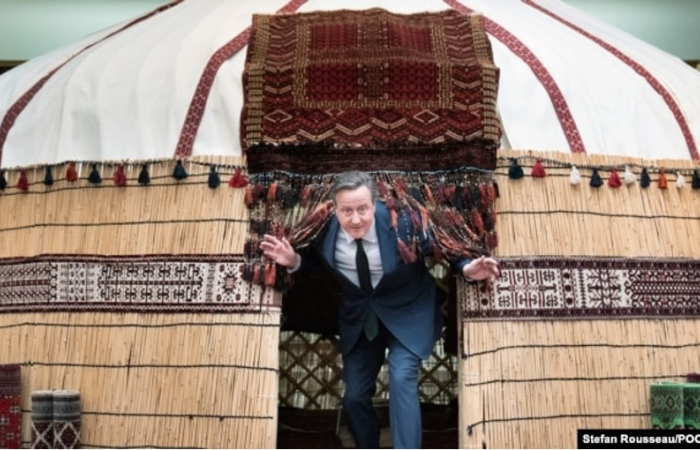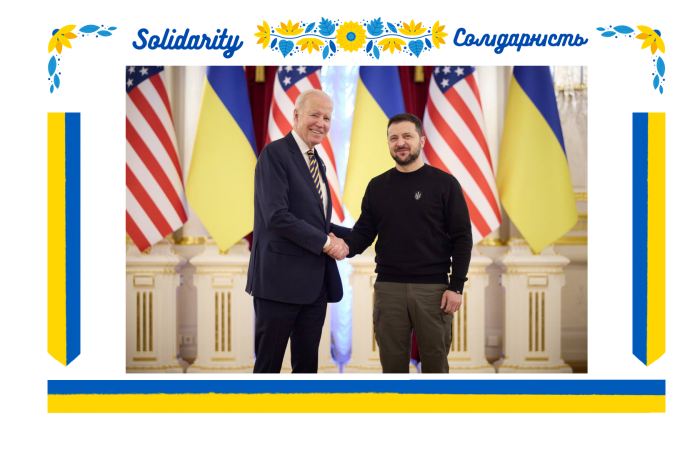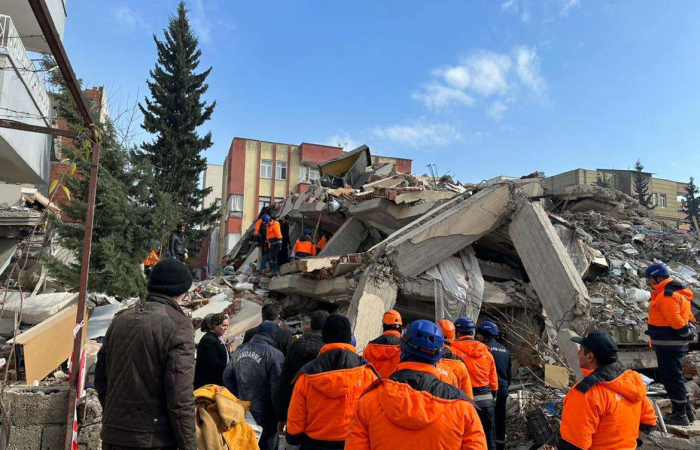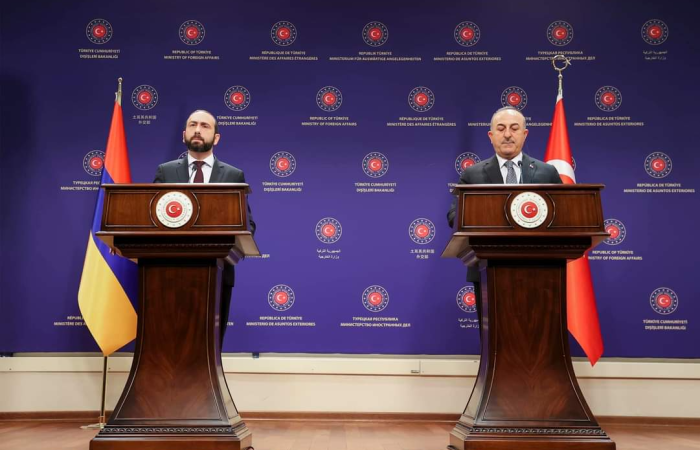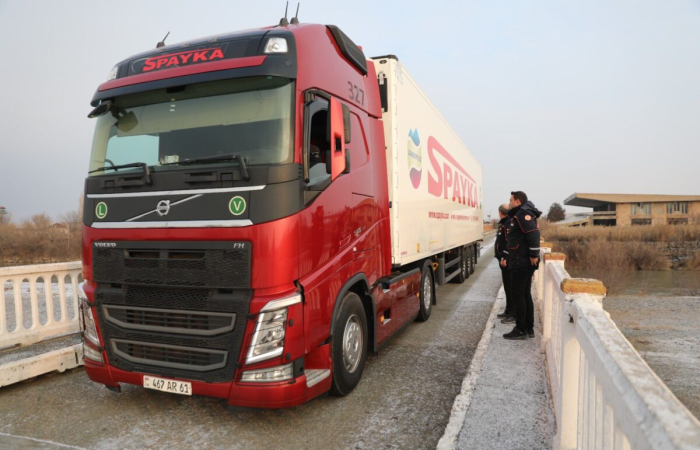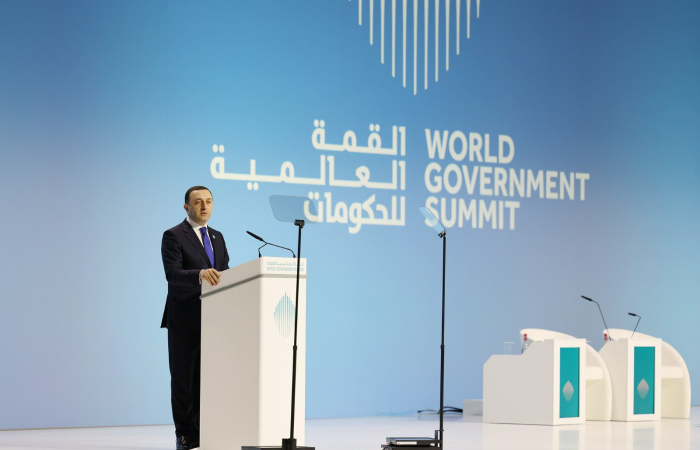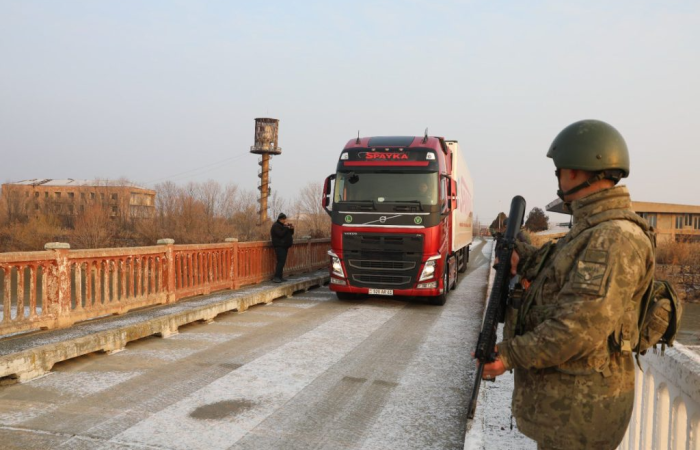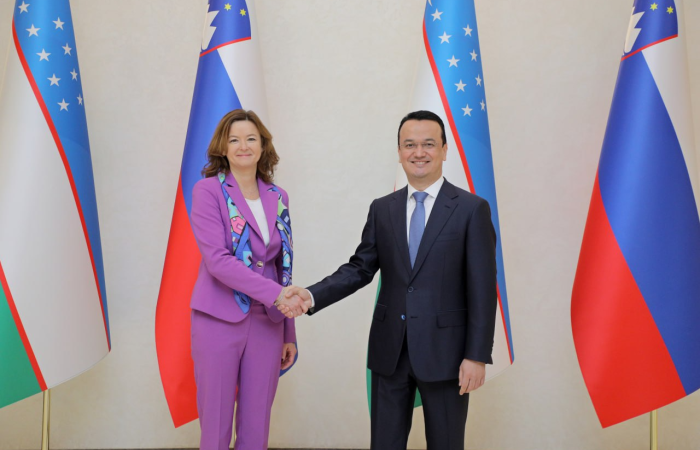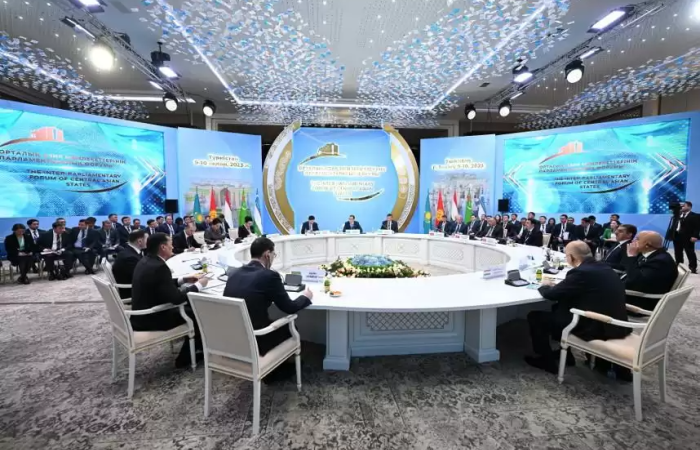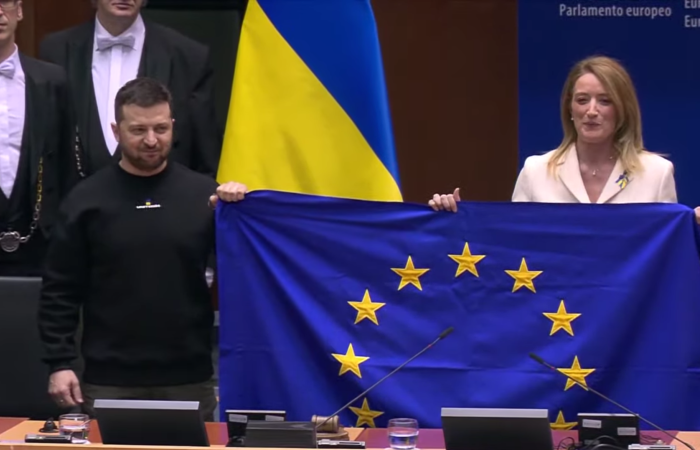Editor's choice
This is a members’ functionality. Please
Sign upNews
Trending
President Zelensky addresses European Parliament
9 February 2023
One day after addressing the UK Parliament in the Palace of Westminster in London, the Ukrainian President Volodymyr Zelensky has addressed the European Parliament in Brussels on Thursday (9 February).
Entering the hemicycle shortly after 11am local time, Zelensky was greeted by MEPs with a standing ovation.
President of the European Parliament Roberta Metsola opened proceedings with a short speech in which she praised Ukraine's courage in its fight for European values, which "binds all peoples across the continent as sisters and brothers."
Referring to Ukraine's ongoing campaign to join the EU, about which some member states have a deal of scepticism and concern, Metsola called on EU leaders to ensure that Ukraine gets "the fastest possible accession process", coupled with funds for reconstruction and more heavy weapons to repel Russia's invasion, including "long-range systems and the jets". "Our response must be proportional to the threat and the threat is existential," Metsola said. Rounding off her introduction, she told Zelensky, "We have your back. We were with you then. We are with you now. We will be with you for as long as it takes. Freedom will prevail, peace will reign and you will win. Slava Ukraini!"



